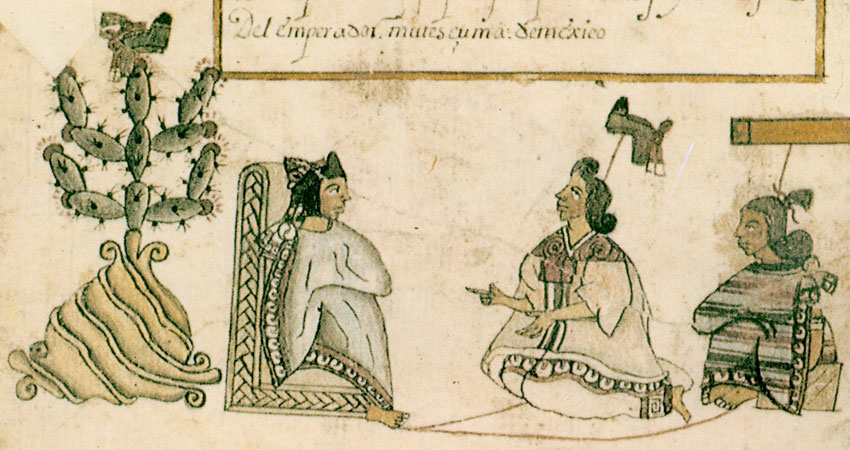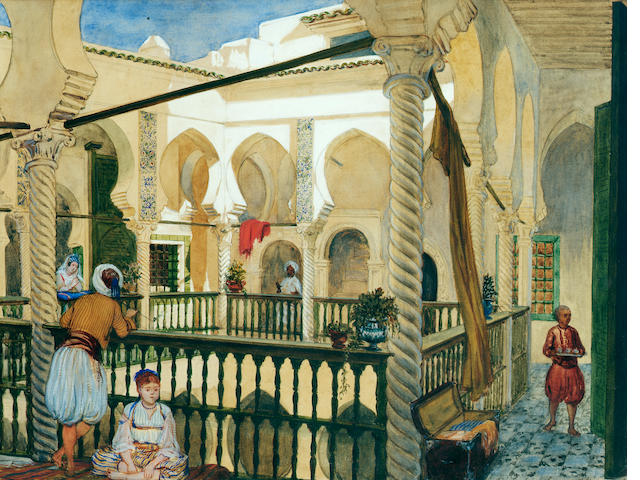The only thing this TL lacks at the moment is the proper description of the beginning of divergence, but keep this going and this might actually rival Male Rising in the exoticity of its world in the future 
Last edited:
What has become of the Jews of Al-Andalus? Oh, I see you mentioned the Sephardim in passing, above. Be interesting to see a post focussing on them.
Faeelin said:I'm kind of surprised the Atlanteans are going to lose.
Badshah said:Awesome timeline!
altwere said:very interesting.
Novak said:This is proving to be quite the introduction to a worthwhile read.
Fairdowner said:Keep it up.
Uruk said:Love it so far!
Novak said:Multiculturalism was best practiced by pirates, yes.
chr92 said:Mound Builders! Huguenots! That Soufiane/Maimouna chapter! More of each of these goodies, please!
And again, congratulation on the illos. The Soufiane/Maimouna is most ingenious - and attractive.
Ridwan Asher said:The only thing this TL lacks at the moment is the proper description of the beginning of divergence, but keep this going and this might actually rival Male Rising in the exoticity of its world in the future
Jonathan Edelstein said:I expect that there will be a great deal of mutual assimilation between the Atlanteans and the Mound Builders - most of it will be the Mound Builders being Islamized and Berberized, but that kind of thing always goes both ways. By the present, their society may have as many Native American trappings as, say, the American Southwest of OTL.
I expect that there will be a great deal of mutual assimilation between the Atlanteans and the Mound Builders - most of it will be the Mound Builders being Islamized and Berberized, but that kind of thing always goes both ways. By the present, their society may have as many Native American trappings as, say, the American Southwest of OTL.
...One wonders what wonders a Delacroix would be painting.

Monsieur Asher! I was waiting for you and your Ottomanophilia to come across my humble TLYour compliments and comparisons are really humbling and too much. The point of divergence will be sometime during the Granda War, I haven't gone into too much detail, but Boabdil abandoning Granada as his uncle gains more popularity (I'm think his mother Aicha switching her support for her son to her brother-in-law) is roughly the POD. I have mentioned previously that the Granada War theatre ended with Mohamed XIII (Al-Zagal)'s final charge at Ferdinand of Aragon, alluding to the fact that Boabdil was not TTL's last effective ruler of Granada.
The presence of a United States may be disappointing to readers because of its striking similarity to OTL, but its something I imagined when I began the TL. I can assure you, and whoever else, however - there will be plenty of exoticity to go around.
JE, can I call you JE? I simply cannot thank you enough for your following of my TL. It was a huge honour to see both you and Nassir commenting so encouragingly on it, and so early on. I hope I can deliver. After all, it was Malê and Crescent which first prompted me to join the board and have inspired my stylistically. Original and well-researched timelines dealing with Islamic elements seem to be much more rare than "WI: Islam didn't exist?" or "WI: Christian Arabia" prompts.
I digress...
The nice thing about Moundbuilders is we don't know too much about them. For Atlantis, this means one has much literary license to create a Native American/Muslim society to our liking
While disease certainly will take a toll on the indigenous population; the introduction of the horse, solidification of tribal structures along Arabo-Berber lines; the spread of Islam well beyond the reach of the Moorish settlements will create not only multiple Native Islamic polities; but also, the lack of huge immigrant sources aside from the founding Moors, at least initially, will allow for even the Moorish settlements themselves to be highly influenced by Native culture.
The American Southwest will sooner or later become a major center of Moorish New World society, rest assured, that region's enduring Native heritage has been a big inspiration on my TL as well.
***
Bon lecture à tous!
I couldn't help but think of your comment when I came across thisPerhaps an ATL Delacroix

Les demoiselles de Mahdïa
We have enumerated the white roses of our own country; we must now conclude with dark, deep damask ones of Bayouk – those dusky dahlias of Mahdia, and the Jewish "passion flowers," which abound there. Shame on ye both! Ye dusky "Scorpions" of the forests of the New World! ye 'impassioned daughters of Abraham! for having deserted your banners; the gorgeous caftans of the East, to mimic the ungainly apparel of England and France, save for the veil, which guards thee from the rougher sex!
But such is not the melancholy case throughout all of Bayouk, for I am told that further inland, the "march of intellect" displayeth not its bad taste, alas, only in the capital of the Moorish New World are their womenfolk gradually abandoning the apparel of the Moors, the most graceful since that worn by Eve, for the last "modes" from London and Paris."
-From the collection of letters sent by a British lieutenant to his mother while stationed in Kingston in the XIX century, later published under the title Excursion on the Shores of the Caribbean
I couldn't help but think of your comment when I came across thisPerhaps an ATL Delacroix
-From the collection of letters sent by a British lieutenant to his mother while stationed in Kingston in the XIX century, later published under the title Excursion on the Shores of the Caribbean
Very fascinating update on Atlatean education system and medicine ! Just how did you make the picture ???

Just a lot of copy-and-pasting of various portions of the picture on top of other parts. The Arabic script, however, I took from an Andalusian manuscript. I have no idea how to colour and make maps, etc. on my macbook, despite having it for three years (MS Paint, however...) but I can manage that little lasso-cut and past tool quite wellThe zoom out and play with the shading till the copy/paste lines are blurred


filler
